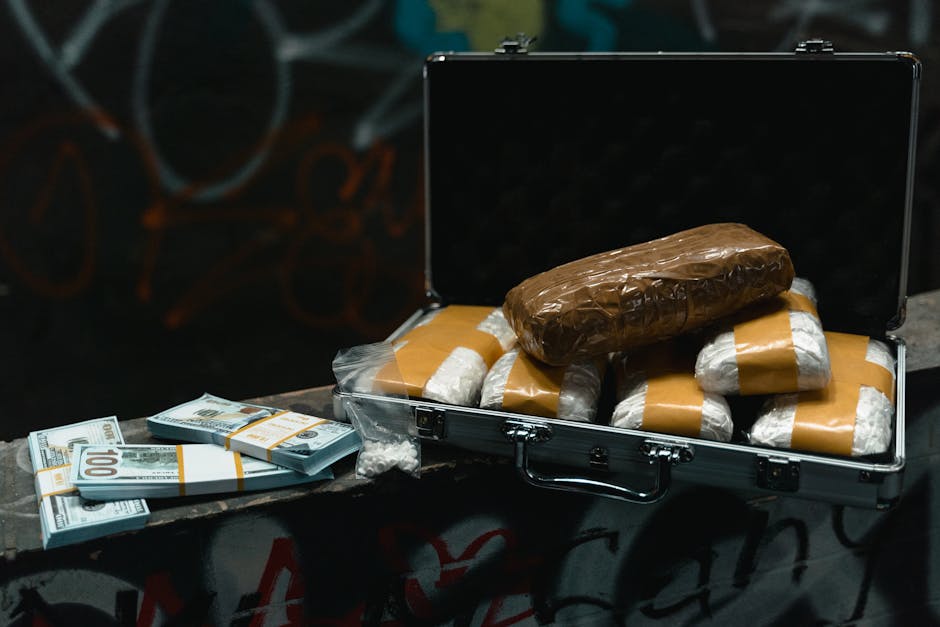
Unveiling the Hidden World of Illegal Cooking Practices
Unveiling the Hidden World of Illegal Cooking Practices
Have you ever wondered what happens behind closed doors in the culinary world? While most chefs and cooks follow strict health and safety regulations, there is a dark underbelly in the industry that engages in illegal cooking practices.
Illegal cooking practices can range from unlicensed food businesses to unsanitary cooking conditions and the use of illegal ingredients. These activities not only pose a risk to public health but also undermine the hard work of legitimate businesses that comply with regulations.
One of the most common forms of illegal cooking practices is the operation of unlicensed food businesses. These businesses often fly under the radar, selling food without obtaining the necessary permits and inspections. Without proper oversight, there is no guarantee of food safety, putting consumers at risk of foodborne illnesses.
Another concerning aspect of illegal cooking practices is the use of unsanitary conditions. In licensed and regulated establishments, a high standard of cleanliness is maintained to prevent the spread of germs and bacteria. However, illegal operators may disregard these hygiene protocols, leading to contamination and disease transmission.
Illegal ingredients are yet another issue in the hidden world of cooking. Some exotic ingredients, such as certain types of fish or animal products, may be protected by law to prevent overexploitation or protect endangered species. However, illegal cooks may still obtain and use these ingredients, contributing to the depletion of natural resources and disrupting ecosystems.
So, how can you protect yourself from the dangers of illegal cooking practices? Firstly, it is essential to support only licensed and regulated food establishments. This includes restaurants, food trucks, and any other food businesses that display their permits and have undergone regular inspections. By doing so, you can be confident that the food you consume meets safety standards.
Additionally, educate yourself about food safety and hygiene practices. Understanding the basics, such as proper handwashing techniques and safe food storage, can help you identify red flags and avoid consuming food from illicit sources.
By unveiling the hidden world of illegal cooking practices, we can shed light on this concerning issue and work towards a safer culinary landscape. Support legitimate businesses, stay informed, and protect yourself and others from the risks posed by illegal cooking practices.
